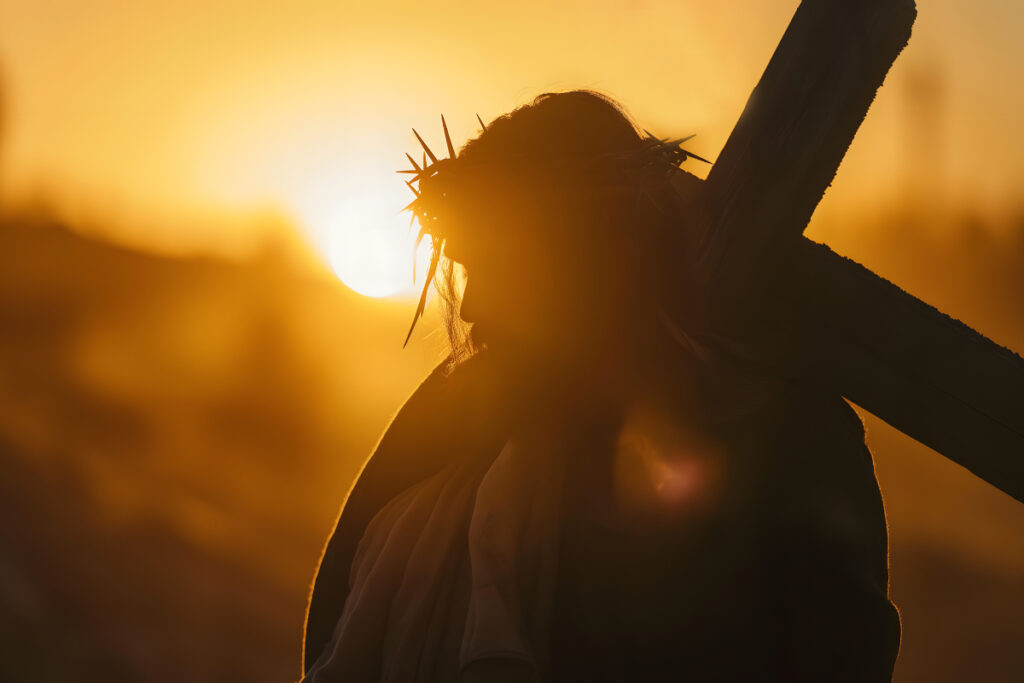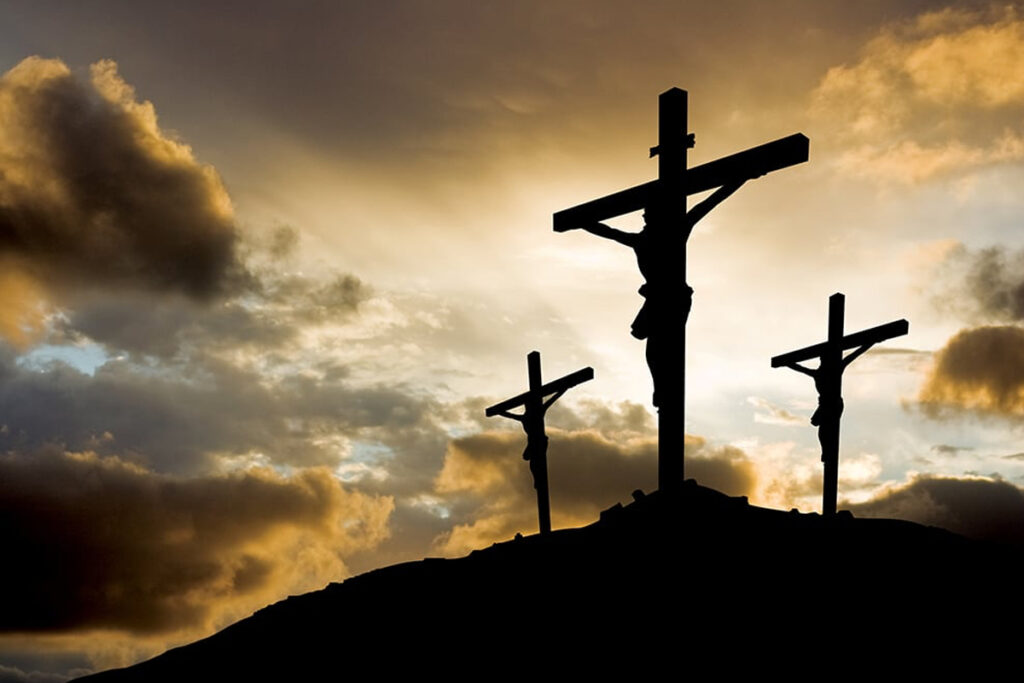
Blog
The Shepherds: Nobody and Everybody

We give a lot of thought to “staging” in the modern world. Weddings are choreographed to look “just so.” Events like graduations are designed and rehearsed to be both beautiful and meaningful. Every “State of the Union” address features some individual with a symbolic story seated next to the President’s family. It’s expected, and nevertheless, it’s effective.
The coming of Christ was “staged”—planned by God from eternity past. The details weren’t a matter of happenstance.
I suggest that the coming of Christ was similarly “staged.” By that, I certainly don’t mean that it was remotely artificial. Nothing in the history of the world has been more real or more important. My point is that God had been prophesying this event for thousands of years and planning it from eternity past. The details weren’t a matter of happenstance. Specifically, the characters—we might call them the “extras”—were chosen on purpose. Angels. Shepherds. Wise men. Each group was designed by God to communicate something regarding the coming and mission of the Messiah. We’ll spend the next 3 weeks’ blog posts considering these familiar characters, and perhaps gleaning some relatively unfamiliar truths regarding the gospel from them. We start with the shepherds in Luke 2:8-20.
What an odd group of people to be honored as the first witnesses of the incarnate Son of God! They were, well… nobody. They weren’t Caesar, or Herod, or the High Priest. They weren’t respected rabbis. They were nameless, blue-collar workers. They probably smelled. In the unforgettable words of Henry Higgins as he described Eliza Doolittle in My Fair Lady, they were so “deliciously low.”
Jesus came to save “nobodies” like them and like us
And yet, God intentionally chose them to hear the angel’s announcement, to come to the manger to meet Jesus, and to go out and tell the world all they had seen and heard. I think there’s probably some intentional irony in the fact that the Good Shepherd and the Lamb of God came to a barn and was greeted by shepherds. There’s no question that the lamb/shepherd motif is among God’s favorites in the Scriptures. But I think the shepherds’ lowliness is the main lesson we’re to learn. Jesus came to save “nobodies,” like them and like us.
Yes, the shepherds were nobody. And that makes them everybody. In literature, an “everyman” character is so very average that the audience is supposed to see themselves in him. I think that’s just it. We’re supposed to see ourselves in these humble witnesses and worshipers. God noticed them, and He notices us. God condescended to them, and He condescends to us. God gave the gospel to them, and He gives the gospel to us. God entrusted the gospel to them, and He entrusts it to us.
All of it was—and is—God’s astounding, inexplicable grace.
Glory to God in the highest…from the lowest.
Artwork by Chris Koelle












